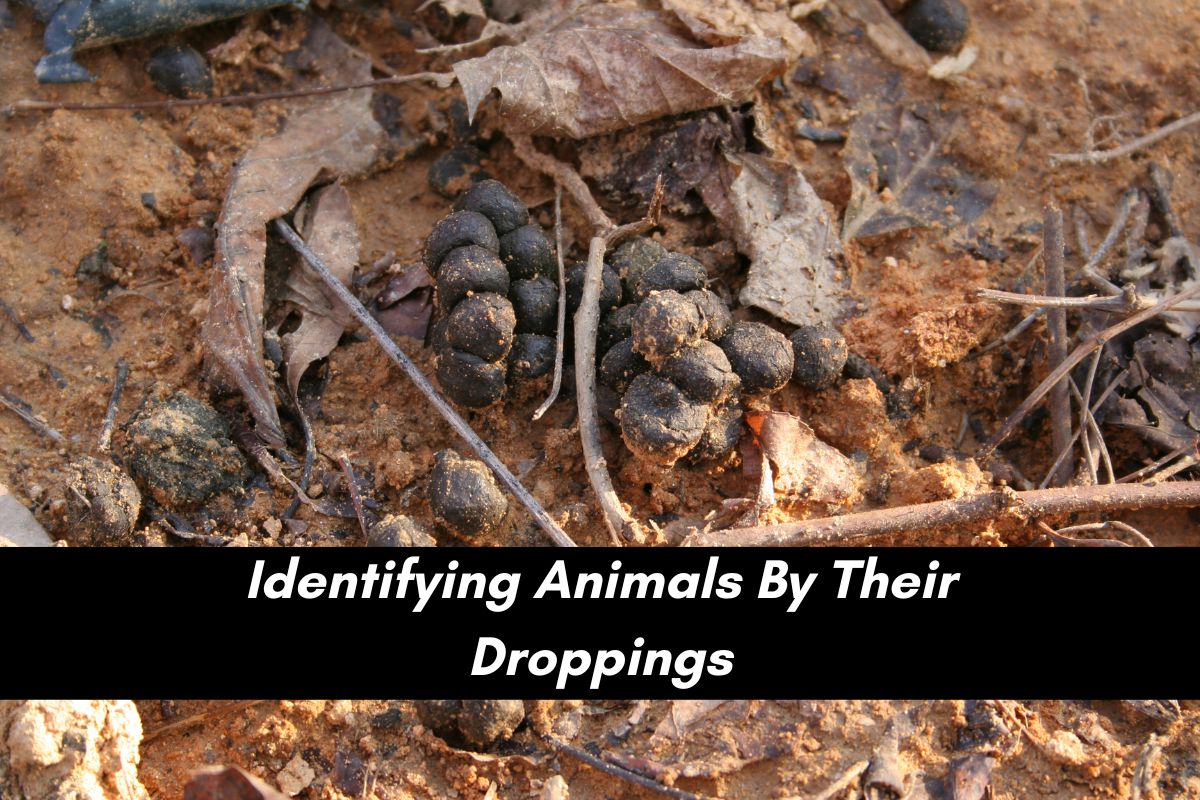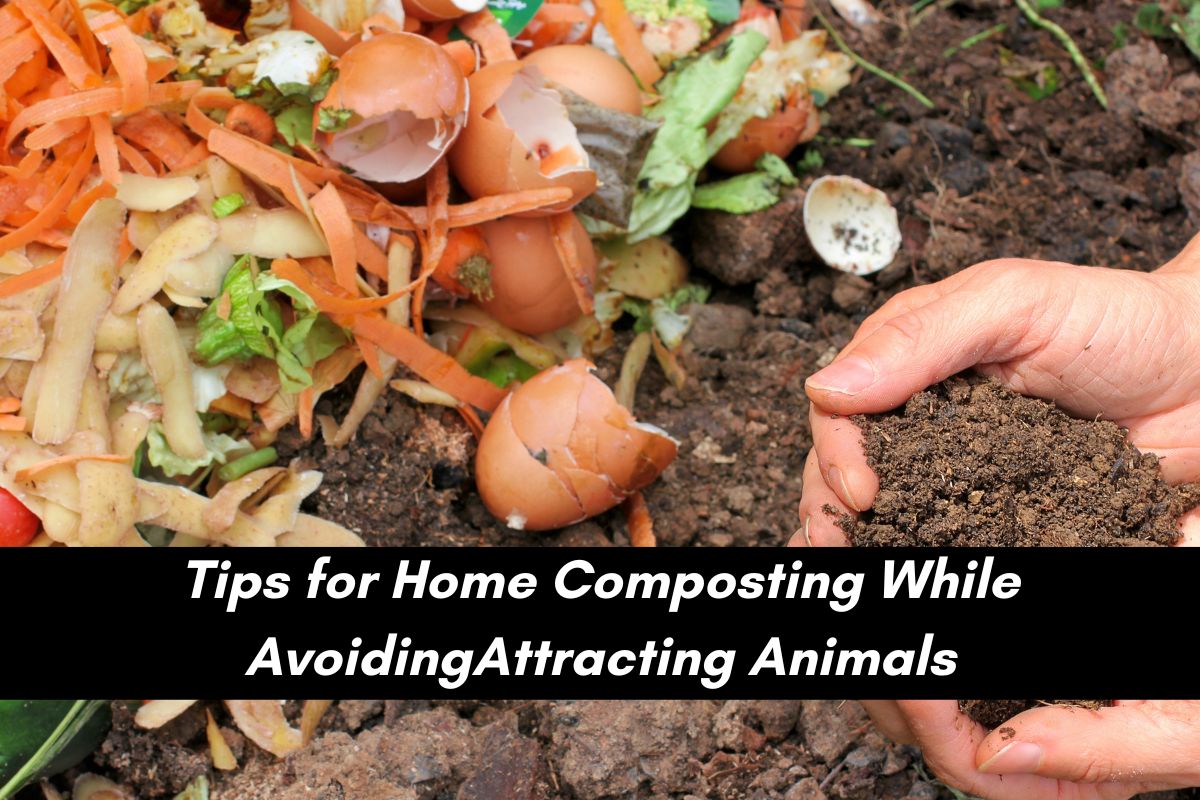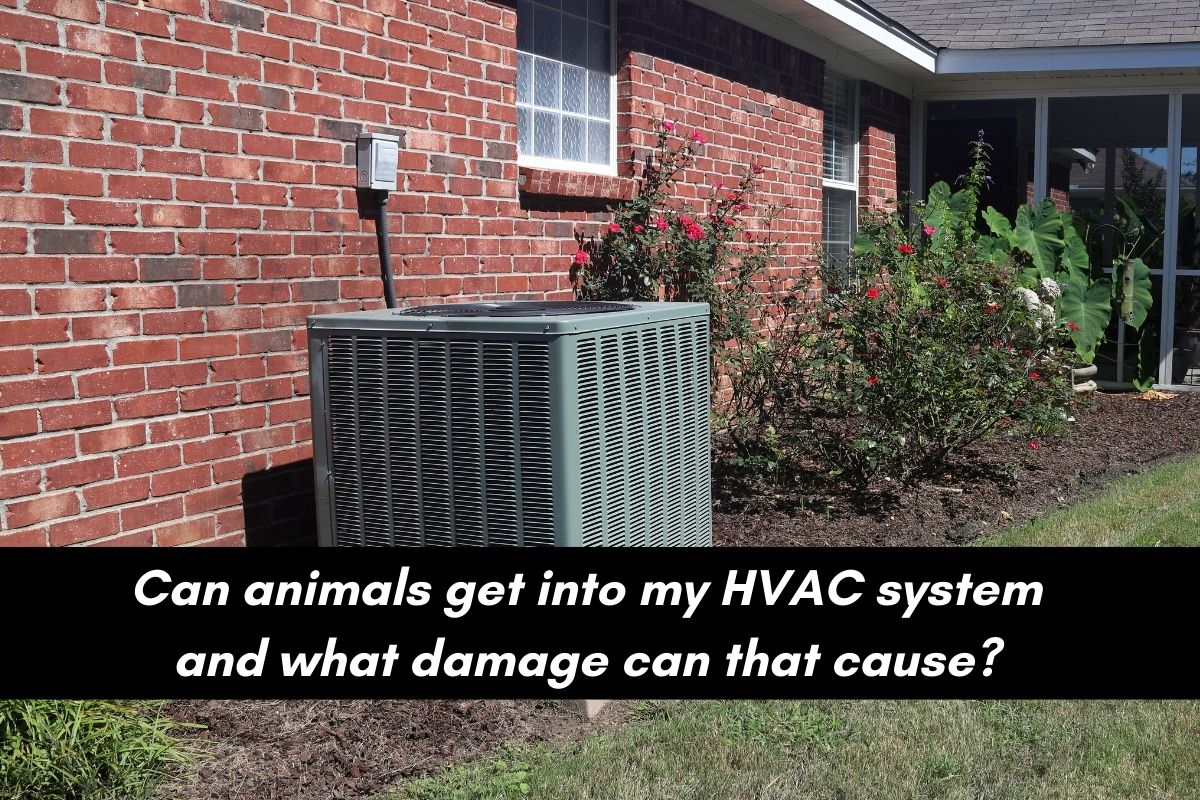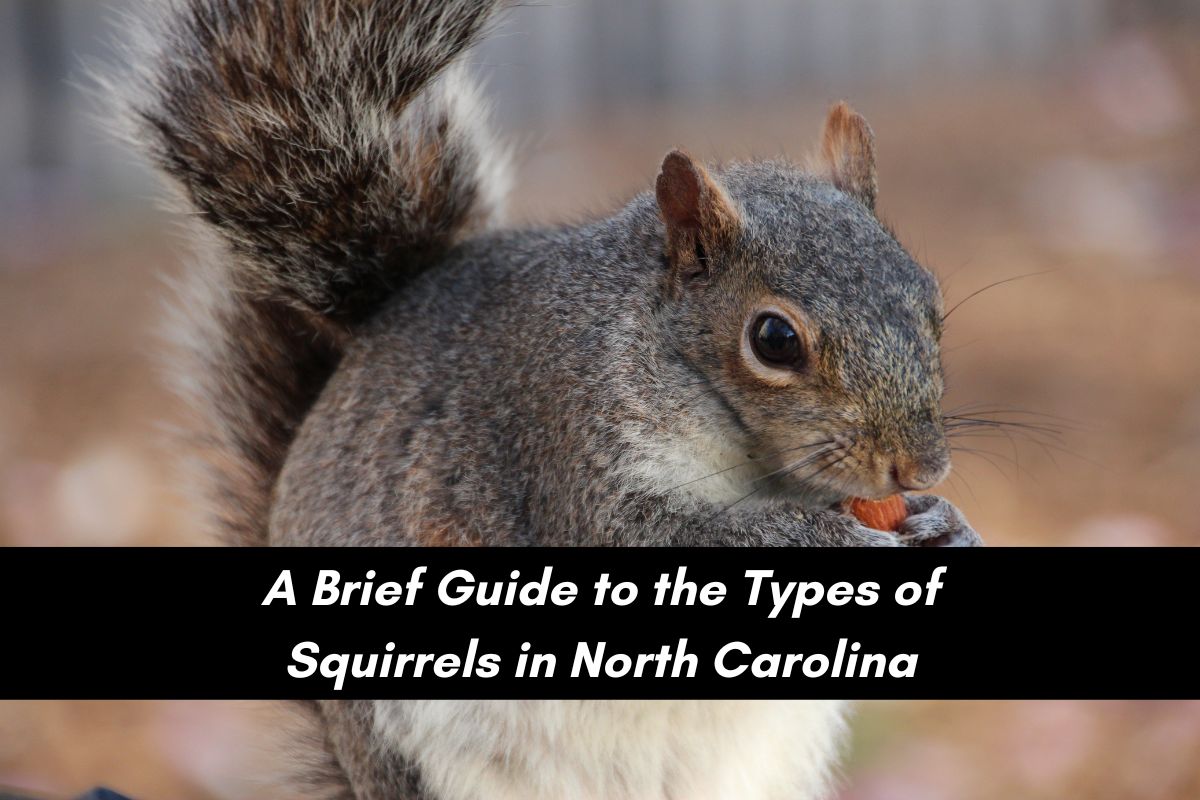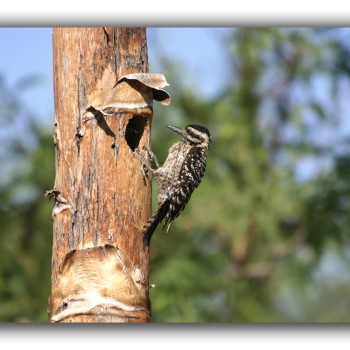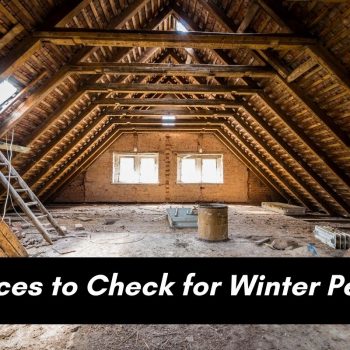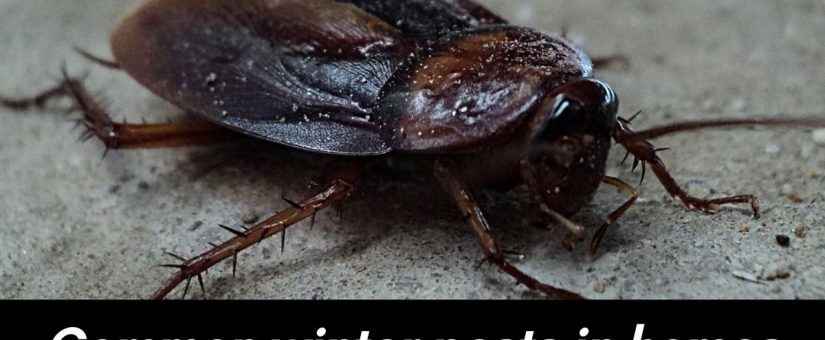
Common Winter Pests in Your Home
- Posted by gordonb
- On November 15, 2021
- 0 Comments
In the summer, your home is just one of many attractive places to pests, since nature has many sources of food, water, warmth and shelter for them to choose from. But as winter sets in, their prime locations begin to dwindle. One really attractive option for critters, though, is your home, and a number of common pests are more than happy to make themselves at home in your home without an invitation.
Here are the main categories of pest that you should watch out for this winter in the Triangle area of North Carolina.
- Rodents: The most common rodents you will find in your home in Raleigh, Durham and the surrounding areas are the house mouse, the black rat (also known as the roof rat), the Norway rat and the gray squirrel. Black rats and gray squirrels are more common in attics and gutters, while house mice and Norway rats are common in garages, between walls and anywhere else they can hide. All of them carry diseases with their waste and their bites (which is only likely if they’re cornered). They can also chew wiring, which causes damage and even a fire risk.
- Overwintering bugs: “Overwintering” is a term used for bugs that is similar to the concept of hibernation. But many bugs “overwinter” between the walls of homes. For the most part, because they are inactive, you won’t see them and they won’t cause many problems. But their presence can be frightening if you uncover their nests and find hundreds of bugs packed together in your home. The most likely culprits for overwintering behind your walls are boxelder bugs, ladybugs and stink bugs.
- Active bugs: It’s not just hibernating insects that invade your home in the colder months though. Other insects and spiders that remain active all year round will find a warm home as the perfect place to get out of the cold. Cockroaches, bed bugs, certain flies and many varieties of spider are known to move indoors for the winter.
- Crawl space invaders: If you think about it, the crawl space is really the perfect place for many animals to shelter for the winter. This is especially true if you have moisture in your crawl space. Rodents will often make their homes here, as will insects and snakes. Larger mammals — like foxes, raccoons and opossums — will find the area attractive as well. Because it’s out of sight, it can become out of mind, and you can soon have an entire ecosystem living under there.
How to evict the unwanted tenants
Once you realize that one or more of these pests have made their home in yours, what do you do? Well, like with many things, prevention is the best medicine. By eliminating what makes your home attractive to them, you can eliminate many of the critters living there now while also discouraging others to join them. Start with these tips:
- Eliminate sources of moisture: Is there a dripping pipe in the garage? Fix it. Does rain water settle in your crawl space? Re-grade the dirt around your home. Find all places where moisture sits (including pet dishes and flower pots) and consider ways of eliminating these.
- Seal them out: It doesn’t take a large hole for a roof rat to get in your attic or a house mouse to get in your garage. Maybe you don’t want to seal the holes while they are still present, but if you are able to set traps for the existing pests, make sure you find and seal any entrance points immediately after.
- Reduce debris and clutter: You don’t want to make it too easy for critters to hide in and around your house. If there is a big pile of junk in your garage, that’s a good place for them to hide. Even outside, something as simple as a wood pile or some old toys can be a launching point for pests to invade.
- Keep a clean kitchen: Just like people love kitchens for all their many choices of foods, so do pests. A single crumb can be a major find for all manner of insects, rodents and other pests. And a dirty kitchen is a jackpot. Don’t let your kitchen be a ringing dinner bell for neighborhood pests.
When all else fails, call Critter Control of the Triangle. Sometimes the above prevention measures are not enough to convince a large, active colony of pests to find a new home. And it’s not easy to find and eliminate rodent and insect nests. So, leave it to the professionals. We have many years of experience and the knowledge to get the job done quickly, thoroughly and safely. Call 919-382-0651 for more information today.




